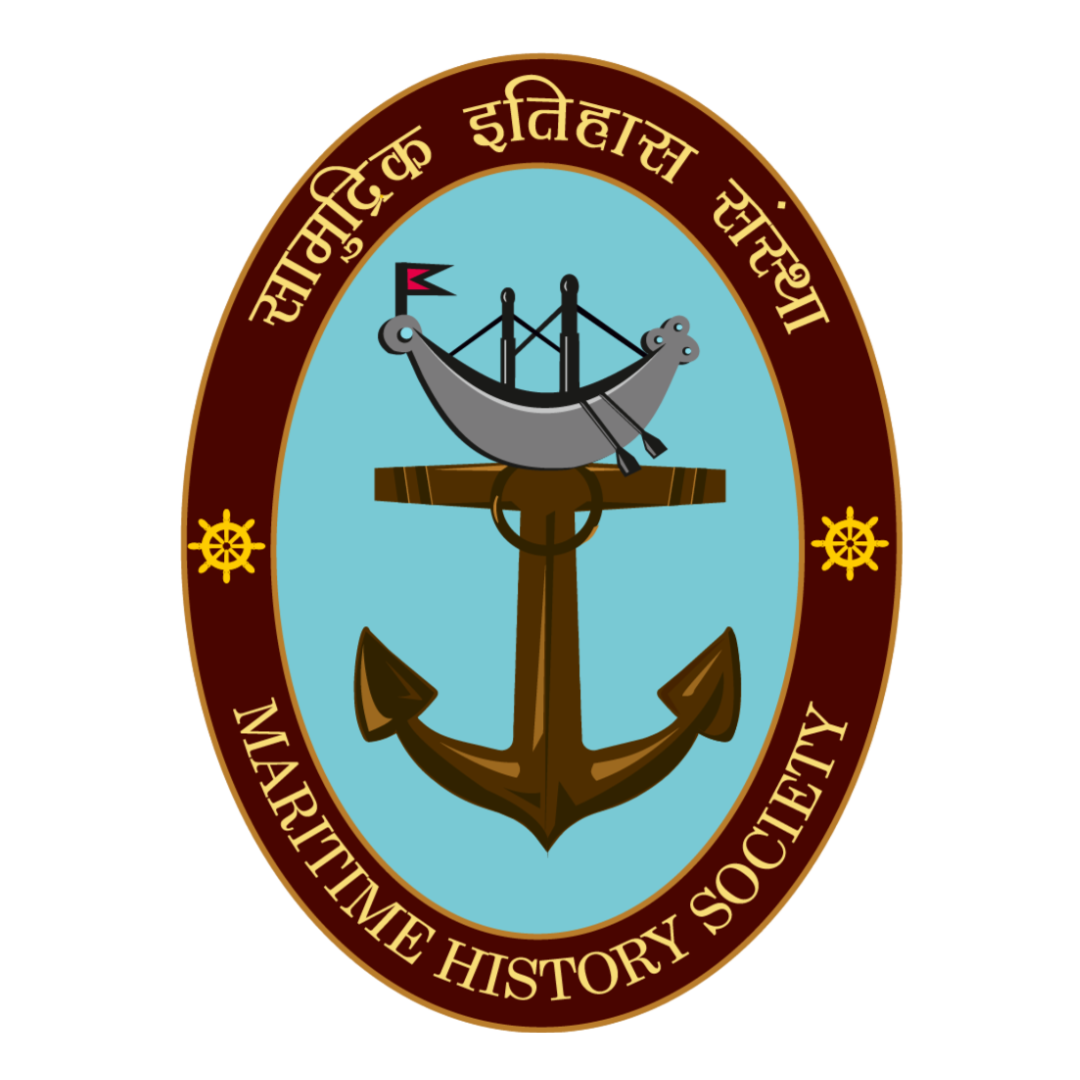The United Nations General Assembly (UNGA) adopted a resolution on 03 Dec 18 that proclaimed January 24 as International Day of Education in recognition and celebration of the role of education that is instrumental in bringing global peace and sustainable development. This being the fourth year of the celebration, the theme of discussions at this pedestal is to highlight the transitions that have to be encouraged in the field of academia to build more sustainable, inclusive and peaceful futures. The COVID-19 pandemic has exacerbated a pre-existing education crisis worldwide. So, the objective is to strengthen education as a public endeavour and deliberate how to steer digital transformation in the post-COVID era. This will endorse support for academicians and unlock the potential in every individual to contribute towards the collective well-being of humankind.
India is a seafaring nation that has a rich maritime heritage and legacy. The Indian shipping sector has witnessed a tumultuous trajectory over years. Currently, it contributes around 10-12% of world seafarers and has most of its shipping lines active. Yet, the Indian maritime sector remains one of the developing sectors as there is an alarming rise of competition from other countries. Coming to the fundamental point here, the possible solution to promote advancement in the shipping sector is to review the status of maritime education in India.
In a brief review of the academic syllabi of various schools and colleges in India, it could be deduced that mention of maritime studies and its allied industries along with the opportunities they behold find limited mention in its curriculum. This lack of awareness of the prospects in the maritime domain and its resultant impact needs much consideration due to the extensive scope it offers towards a wider academic discourse.
Strengthening of the maritime education and training facilities would help in enhancing the quality of the shipping sectors and its allied industries. In contemporary times, the changing maritime conditions are emphasizing the need for a pedagogical approach in training. The significant impact of the advancement in technology has been really momentous and will continue to be so while training enthusiasts from the maritime domain in the years to come. Assessing the state of Indian maritime education and research focus with that of other global maritime nations, it can be deduced that there are certain shortcomings in the Indian modus operandi. The unique prerequisite of the maritime industry to flourish favours the multi-faceted, interdisciplinary education induced with practical learning opportunities that enhances productivity and output. As the shipping sector contends against other industries, maritime education and training will need to address how best the students and scholars can learn and withstand the challenges posed by the maritime domain.
Maritime studies cover a broad spectrum of disciplines like marine sciences, ocean medicine, coastal infrastructure and architecture, shipbuilding and technological advances, oceanography, commercial ventures and economics, defence capacities, policy making and international relations etc. It offers a wide scope for comparative studies that can boost research and development in the maritime sector. In addition to the scientific and technological advances, the social scientists should continue to examine the history and heritage quotient of the maritime domain for conserving the future like assessing the nautical elements and practices, underwater maritime domain, legal studies, transport and communication, intercultural relations and exchange, and diaspora relations. This interdisciplinary theme in education is to be harnessed while studying the global trends in the maritime sector that encompass the multidimensional study of human interactions.
Interdisciplinary studies in academia not only increases the possible scope of research but also provides the opportunity for scientific advances that result from the transfer of technology, approaches and ideas from one discipline to another. Basic research in the marine sciences contributes to other scientific disciplines, while advances in other fields yield opportunities for progress in ocean research and community advancement.
In the Maritime India Vision 2030 policy document published by the Ministry of Ports, Shipping and Waterways, Government of India, has outlined key interventions and identified the need for promoting “research & innovation, enhancement of education & training, development of conducive ecosystem for seafarers and port led capability development.”[i]
The impetus on maritime education and its incorporation in a wider academic curriculum is pertinent for India where educational institutes can collectively strategize and organise planned research, assess educational and societal impact of maritime studies across disciplines by incorporating new openings, ideas and innovative research. There is a need to incubate centres that can aid in stimulating intellectual discourse for academics and policymakers working on topics related to coasts and seas. This pedagogical approach will synergise an ecosystem for higher education and research in maritime studies.
[i] Maritime India Vision 2030 policy document published by Ministry of Ports, Shipping and Waterways, Government of India. p.10. Accessed and retrieved through https://sagarmala.gov.in/sites/default/files/MIV%202030%20Report.pdf



0 Comments